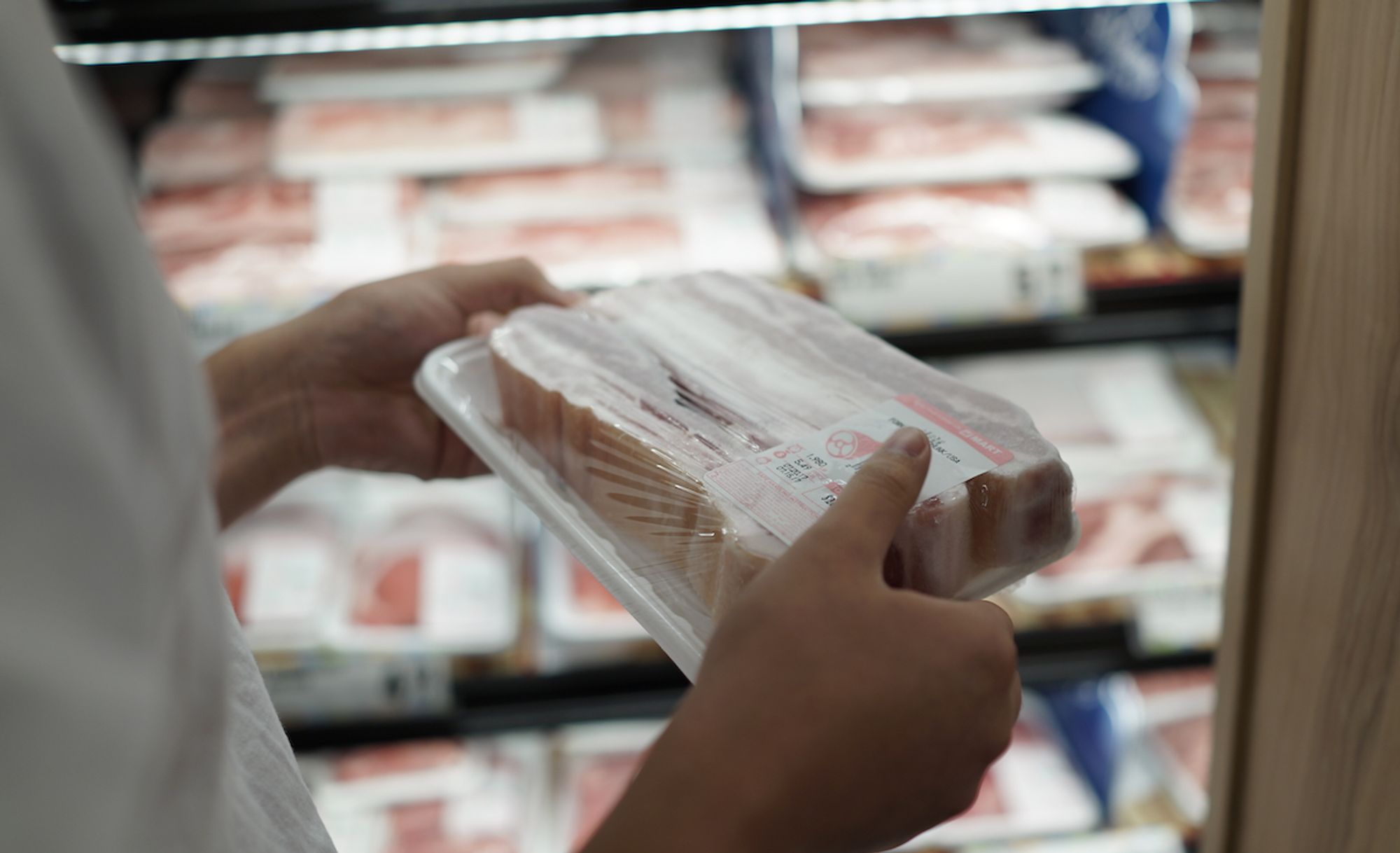
A mental model is our internal explanation of what something is and how it works. This is how we operate in the world — we see something, we try to understand it, we construct mental models to explain what we see, and then we act accordingly.
For the most part, we can easily construct pretty accurate mental models. We know that a light switch will turn the lights on or off, or that appliances don’t work when you unplug them. Simple.
But the hard part is when we try to construct mental models for more complex and abstract objects or ideas.
There is a whole generation of people who think the blue Internet Explorer icon literally is the internet. That is not true — it is not an accurate explanation of what Internet Explorer is. But it’s good enough for grandma or grandpa who just need to access Yahoo Mail and Facebook. It’s also not harmful.
However, there are other instances where an inaccurate mental model can actually be harmful. For instance, if your mental model of economics doesn’t include the idea that people are governed by incentives, you’ll never understand economics, since incentives are so fundamental to the field of study.
But we’re not here to discuss economics, we’re here to talk about cooking. I think most people’s mental model of cooking — what it is, and how you do it — is completely wrong. And because of that, they think cooking is impossibly hard, and they’ll never get to experience the joy of cooking.
Most people’s mental models of cooking is probably something like “each dish is unique and cooking is the act of following instructions to recreate that dish.”
This understanding of cooking is inaccurate and harmful. I would propose that a better mental model for cooking should be: “Cooking is the understanding of flavors, ingredients, and techniques. This understanding can be applied to cook anything across all cuisines — no dish is unique.”
To elaborate, most people think cooking is about following a strict set of instructions to create a specific dish. When they want to cook something else, they have to use a separate set of instructions, and there is no knowledge transfer. Nothing from the first dish applies to the second. This makes cooking intimidating and needlessly complicated.
The reality is, cooking isn’t about recipes. Cooking is about understanding how flavors mix and how to treat and prepare ingredients. Once you know that meat should be browned for flavor, or that lamb goes well with cumin, you can apply this in every meal you make.
You are not starting at zero every time you cook something new. Instead, you learn techniques and combinations that you apply and experiment with each time you cook. This makes cooking fun — it’s a continual process of learning and adapting.